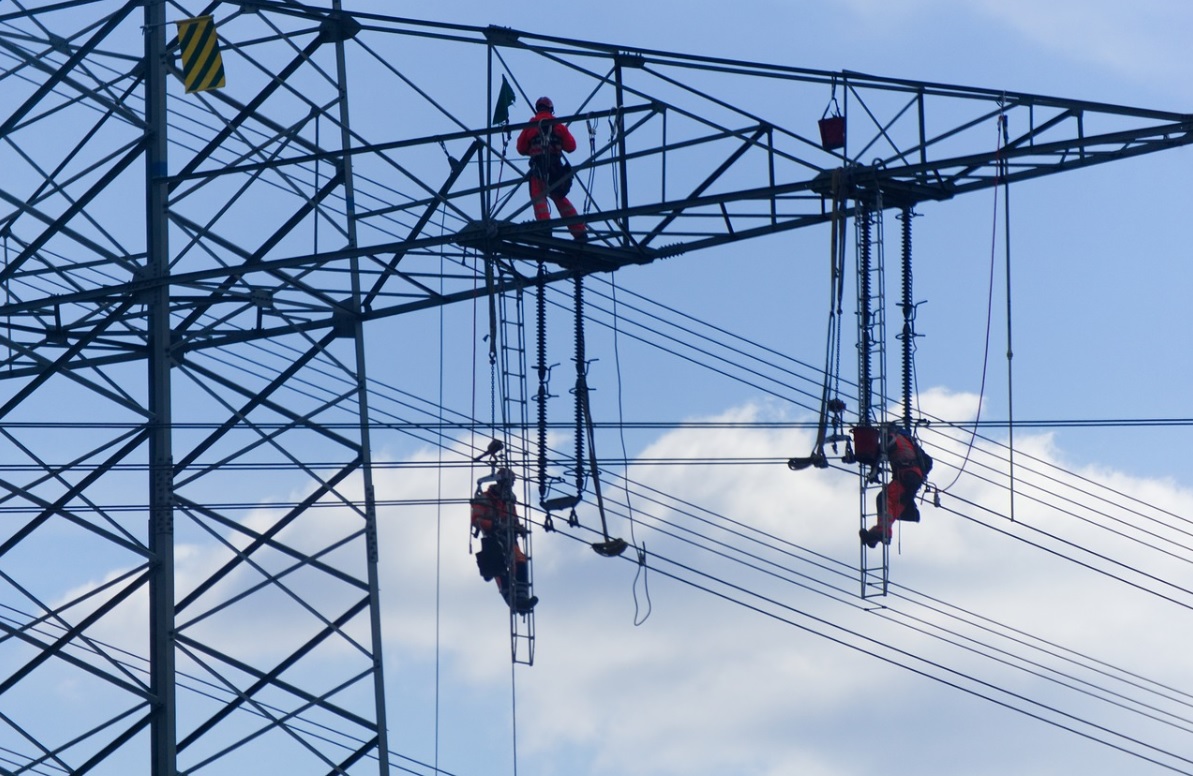South Sudanese govt commissions AfDB-financed $38mn worth Juba power distribution system

- Country:
- South Sudan
Financed by the African Development Bank, the USD 38 million worth upgraded power distribution system has recently been commissioned by the government of South Sudan. The objective is to restore reliable electricity supply to Juba’s central business district and boost suburban livelihoods.
The Juba Power Distribution System Rehabilitation and Expansion Project is the first in a series of major energy sector interventions by the Bank to improve livelihoods and build resilience in South Sudan. As its counterpart contribution, the government provided land for the construction of five customer service centres. The project intends to scale up electricity access and use in South Sudan’s rapidly growing urban communities, and to stimulate economic activity and boost incomes.
“The government is focused on exploiting and developing our hydro and renewable energy resources. With funding from the African Development Bank, we aim to generate 10 to 40 megawatt of renewable energy. The government also plans to invest in a 1,080 megawatt grand Fula hydropower project to generate and distribute power across various states in South Sudan,” President of South Sudan, Salva Kiir Mayardit opined. During a brief chat with Bank Country Manager Benedict Sorie Kanu, President Kiir expressed gratitude for the Bank’s impactful engagement in his country.
Since commencing operations in South Sudan in 2012, the African Development Bank has funded 13 projects with cumulative approvals at about USD 178.6 million. The projects include two major humanitarian and resilience building interventions, which have successfully closed. Currently, the Bank’s active portfolio for the country stands at around USD 137 million.
“We foresee a range of socioeconomic benefits arising directly and indirectly from this prominent and long-desired project, including reduced cost of doing business and improved service delivery in regard to education and health facilities,” Kanu cited.
- READ MORE ON:
- South Sudan
- Sudan
- AfDB
- African Development Bank
- Juba
- South Sudan government
ALSO READ
Foreign Supporters of rival generals fuel Sudan's horrific war with weapons, says UN
Truce crumbles in Sudanese army's last Darfur holdout
War in Sudan is ‘a crisis of epic proportions’ as atrocities abound
World News in Brief: South Sudan tax impositions, Somalia flash floods, Ukraine attacks
US urges all armed forces in Sudan to halt North Darfur attacks










